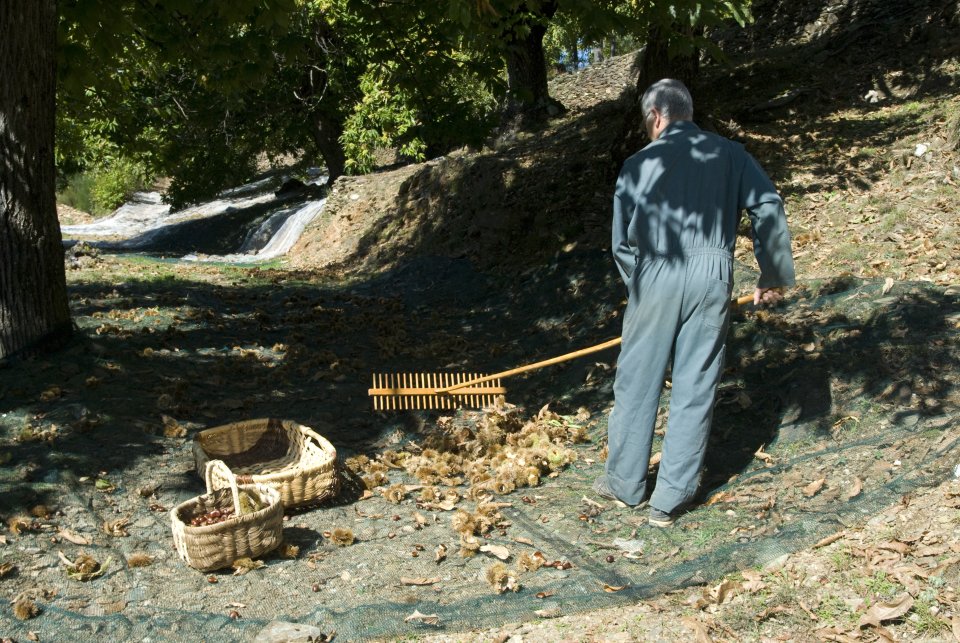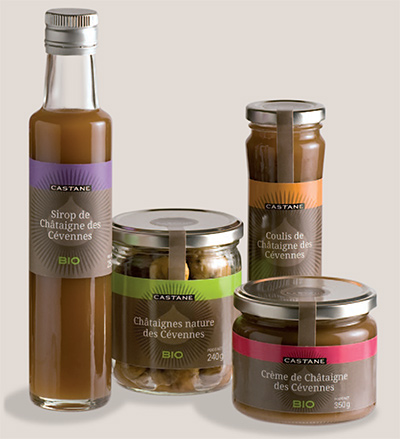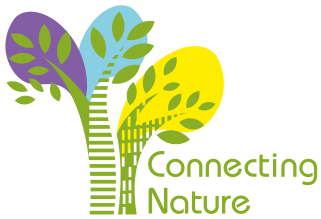
The objective of this economic experience is to bring value to all the local chestnuts production in order to keep the maximum added value of the products at the producer/processor level, preserving local transformation know-how in order to ensure high quality products.
To do it, the idea of this experience is that producers pool the transformation process and join together in order to enter more important markets.
In the 1970s, in the Cévennes region, due to a massive chestnuts orchards recultivation, the chestnuts production became important again. Industrial groups bought in bulk and at a low price local chestnuts. Local producers paid processing services to industrial groups which imposed their cookery recipes. Producers had to find solutions to assert their own processing know-how and to improve their incomes which were very low.
In 2010, producers created a common transformation tool. It enabled since to transform from 10 t of chestnuts to 40 t in 2019 to produce chestnut cream for luxury and traditional sectors, syrup, coulis, flour and whole chestnut. However, the local market has been saturated because of the efficiency of the sale on-site. The rest of the production was sold-off to industries.
In 2015, producers joined together in an economic interest group, “Castane”, to extend their market. It represents 4 producers. Its status require organic certification and the respect of a protected designation of origin specification.
The Castane production increased from 500 kg to 3,000 t. Due to a partnership with wholesalers, the market extended from Cévennes region to the whole South of France.
The structure is sustainable if its members always share the same project: to enhance the production and know-how and quality products. Key drivers are necessary.
At the beginning, to choose a legal form adapted to the needs and to invest a minimum for the future are necessary. The economic interest group involves a low taxation. The benefits are shared between all members accounts.
The sales strategy has to be dynamic and adaptive in order to associate different produces to different target customers.
In this case, relying on wholesalers made marketing more efficient than employing a salesman.
Working in group can cause problems. The different levels of involvement of each member can lead to tensions.
Producers make various types of agricultural crops. Increasing the chestnut activity involves time management and land problems.
Production can be strongly impacted by climate change, attacks from parasites and diseases.
Pooling the transformation process make work in group easier, optimizing the skills of each of the partners.
The regrouping structure intends to continue to get new markets. To do this, new wholesalers have to be found and the group has to continue to benefit from economy of scale effects to decrease costs. New partners/producers can join the group to make it bigger.
In the perspective of the health degradation of the chestnuts orchards and forests, due to climate change and attacks from parasites and diseases, producers have to organize themselves in order to be able to buy chestnuts outside the territory, creating an interterritorial solidarity in France.
Further information
The protected designation of origin specification concerned: «Châtaignes et marrons des Cévennes et du Haut Languedoc » - http://www.payscevennes.fr/resources/medias/pays.cevennes/filiere.agroalimentaire/fiches.filieres/fiche-chataigne.pdf
Economic interest group "Castane" site : http://www.chataigne-cevennes.fr/
Serge Bruguière

Patrick Lavabre
